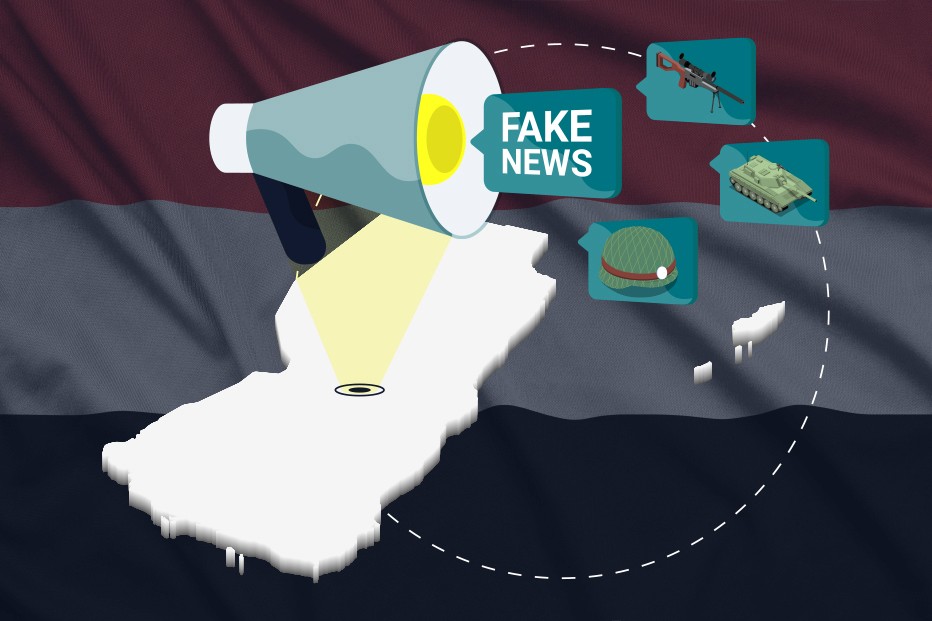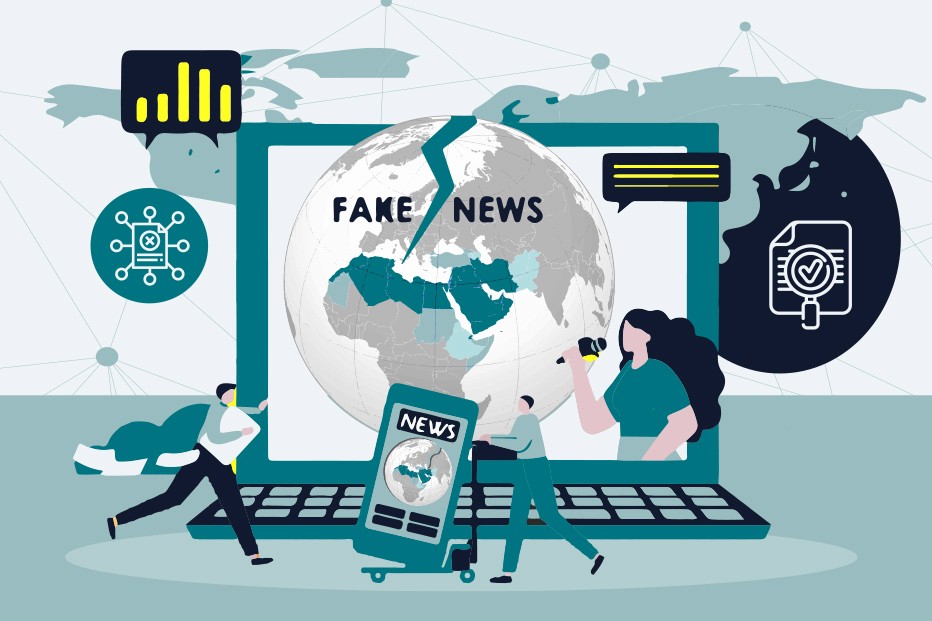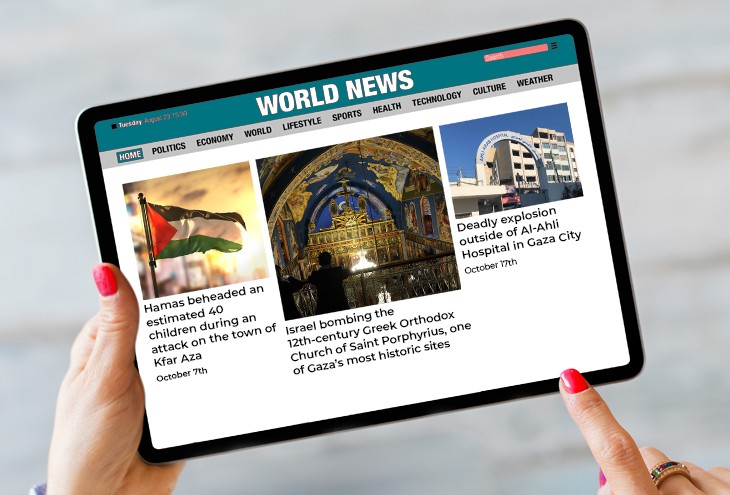Articles
Fact-checking
Battling information disorder in Yemen: an interview with Sidq
Lyne Mneimneh
Mar 10, 2023
Hate speech and disinformation have long been used as weapons of war. In this article, a spokesperson from Dalil's partner Sidq*, an independent Yemeni fact-checking organisation, tells us about the organisation’s work tackling the information disorder resulting from protracted armed conflict in the country. Founded in 2019, Sidq has teams both in and outside of Yemen, and now has more than 350,000 followers across its social media platforms.
What drives you to do your job?
Yemen is a country that is embroiled in conflict - one that is intensely political, both inside and out. Disinformation is subsequently disseminated extensively, used as a weapon in the media war and to help [conflicting parties] win the conflict on the ground. Since there were no other fact-checking organisations operating in Yemen when Sidq was founded, our work is particularly significant. Soon after we launched the initiative, the COVID-19 outbreak started, bringing with it all the false information about the virus and how to manage it. As a result, it’s hugely important to have such a platform.
How do you decide what to fact-check?
We have developed a set of conditions that help us decide what to fact-check. The first is that the topic should be trending and widely shared, with the public interacting with it. The second is that the information has to be related to Yemen. The final one is that the information should be fact-checkable: we do not fact-check personal opinions.
What is the purpose of circulating false information?
The first goal is to control public opinion. By spreading false awareness through propaganda, I can influence how people think about specific issues. When I control public opinion, I am able to maintain the anger of the people. This deliberate targeting and manipulation of our emotions through propaganda and disinformation drives polarisation, and helps maintain the conflict dynamics we see today in Yemen. In areas of conflict, false information circulates quickly and easily. I’ll give you the example of the conflict between the two Yemeni cities: Sanaa’ and Ma’reb. Clashes always happen between these two, during which a lot of disinformation circulates. Some “journalists” try to make an impact on the battleground through their online presence, so we can consider this as a military tactic. Due to the fact that these actors are mostly political, the disinformation they spread combines elements of economic, administrative, and political disinformation with claims that they are making improvements on the economic front. The average citizen, by contrast, is more likely to share mis/disinformation related to entertainment and focused on emotions.
How do the different actors in the conflict differ in their production of disinformation?
When we receive a report from the Houthis, we observe how the news is shared in a consistent manner across all of their accounts, making them the finest producers of false information in Yemen. Because Meta is strict in its content moderation against them, Houthis tend to focus on Telegram and Twitter, in addition to traditional media.
In contrast, the false information spread by the real [internationally recognised] government of Yemen is less credible and originates from unreliable sources like “journalists” and activists. They have no clear objectives and are disorganised. They use Facebook and traditional media. Meanwhile, regular citizens focus on Facebook.
How do you ensure objectivity in your work?
In order to remain objective, we make sure that we have a diverse team. Team members and volunteers must come from different backgrounds. We also have set a meter that helps us measure the different subjects we cover over a certain period of time. If there isn’t a balance between them, we have a problem either in the monitoring process, or the team may be inclined toward a certain side.
Importantly, we don’t accept funding from any source that might try to control or direct us. There are people who seek to manipulate the media and fact-checking space by attaching strings to their funding – and this is particularly so in times of conflict. These funders might ask you to defend their chosen side, rather than thoroughly investigating the false information they are liable to spread. Unfortunately, finding funders who don’t make such demands can be challenging. Regardless, we do not accept funds with objectives set by a second party - we are the ones who turn in a proposal and get the funding that matches it.
What would make your life easier as a fact-checker?
We need more tools that will facilitate our work. Naturally, rumors spread further and faster than genuine news does. Fact-checking must incorporate technology and automation. Greater cooperation with various parties is also essential, especially with social media platforms that can stand by us in case we are victims of an unjust ban. Sidq, for example, is a trusted Meta partner. Whenever our Facebook account is restricted, we reach out to Meta’s Policy Team, who resolves the problem within hours. We have also received considerable assistance from ARIJ with training, including writing and security. Since we maintain a low profile at work and live in fear for our safety, security is crucial and allows us to keep working.
* The name of the Sidq spokesperson has been withheld at their request as a security measure










